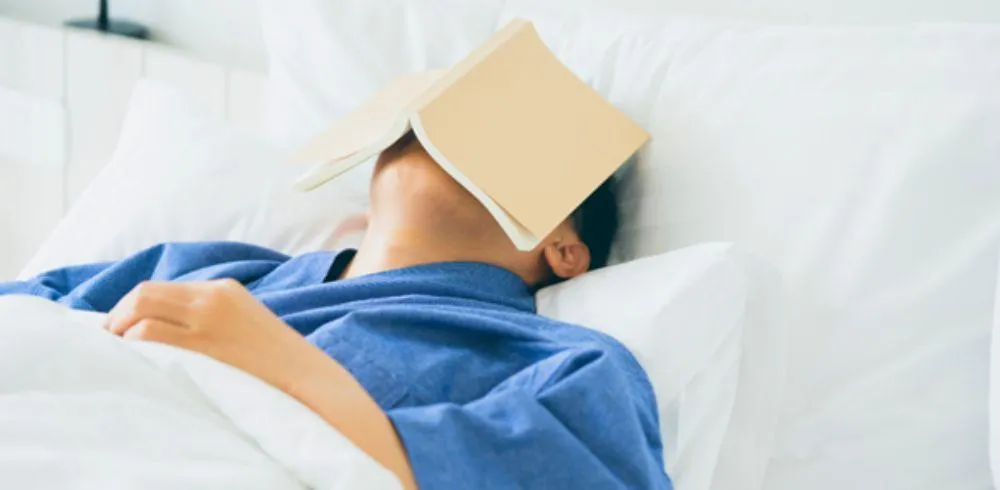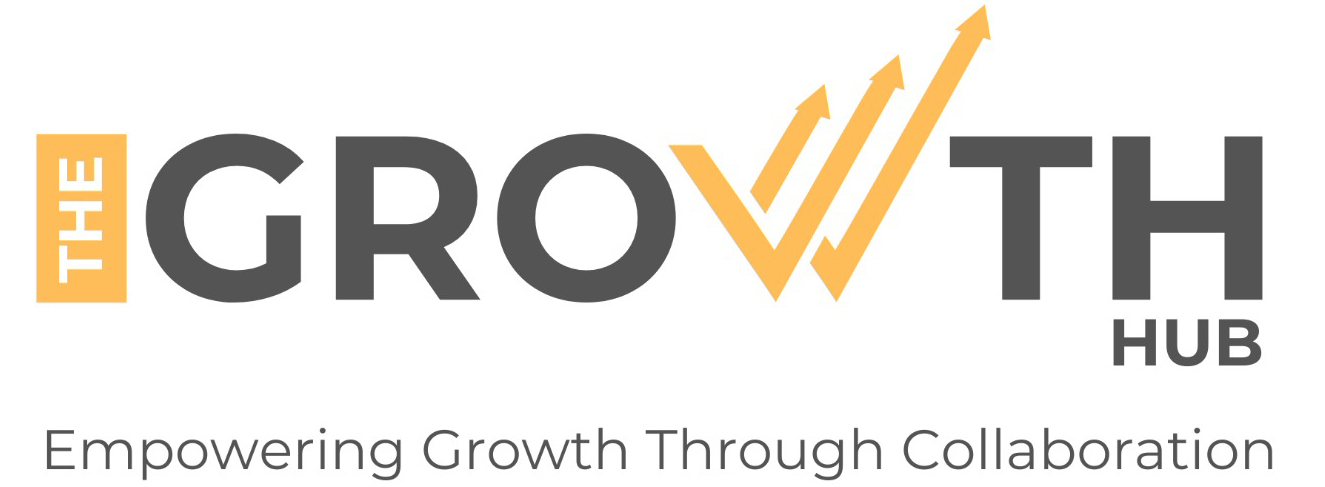
Why Successful Entrepreneurs Prioritise Sleep (And How You Can Too)
We like to think success is built on late nights, early starts and pushing through when others stop. But there’s a difference between working hard and working well. You can grind all day, but if you’re doing it on empty, you’re building on shaky ground.
In the UK, nearly one in three people suffer from poor sleep, as stated by the Mental Health Foundation. For business owners, that number might be higher. Deadlines, cash flow, staff, strategy—your brain is running a constant marathon. And without rest, it slows down.
You wouldn’t run your car without fuel. So why run your business without sleep?
What Happens to the Entrepreneur’s Brain Without Sleep
Let’s start with something simple. If you’re tired, you make worse decisions. You’re more impulsive, less focused, and you struggle to weigh up risks clearly.
This isn’t guesswork. A study by The University of Oxford has shown that sleep deprivation impairs the prefrontal cortex—the part of your brain responsible for judgement, planning and decision-making. That’s the same part you rely on to spot an opportunity, steer through a crisis, or read a room in a pitch.
Sleep also plays a vital role in memory and learning. While you sleep, your brain consolidates what you’ve learned that day—connecting dots and filing knowledge. Miss sleep, and it’s like skipping the “save” button after hours of work.
Why High Performers Sleep More, Not Less
We like to tell stories of entrepreneurs who only sleep four hours a night. But scratch beneath the surface, and most high performers aren’t skimping on sleep—they’re protecting it.
British entrepreneur and Dragon’s Den star Steven Bartlett says he now treats sleep as a "non-negotiable". In his words: “If I don’t get seven hours, I feel it in my thinking, my decisions, even my relationships.”
Even Sir Richard Branson, who runs over 400 businesses, credits his performance to his morning routine—which starts after a full night’s rest. He’s up early, yes—but not because he skipped sleep. He just goes to bed on time.
The pattern is clear. People performing at a high level don’t hustle at the cost of their health. They use sleep as a tool to sharpen their edge.
How Lack of Sleep Costs Business Owners
A 2017 study by RAND Europe found that sleep deprivation costs the economy up to £40 billion a year in lost productivity. That’s not just from big corporations. It comes from small decisions—emails sent in a rush, poor judgement on pricing, missed ideas that never surfaced because the brain was too foggy to spot them.
It also affects health. Lack of sleep increases your risk of high blood pressure, depression, and weakened immunity. For a business owner, that’s not just a personal issue—it’s a business risk.
How to Build a Sleep System That Works
The good news is, you don’t need a luxury mattress or two weeks off-grid. You need a simple system. The same way you build routines for marketing or cash flow, build one for rest.
Here are habits that work:
1. Stick to a regular schedule
Wake up and go to bed at the same time—even on weekends. This trains your body to know when to wind down. Consistency beats chaos.
2. Wind down with intention
Create a clear “off” signal for your brain. That might be a warm shower, a few pages of a book, or light stretching. Avoid screens if you can—the blue light tricks your brain into thinking it’s still daytime.
3. Keep your bedroom cool, quiet and dark
The NHS recommends a room temperature of around 18°C for optimal sleep. Use blackout curtains or a sleep mask, and keep your phone in another room if possible.
4. Don’t bring work to bed
Your bed is not your boardroom. Keep it for sleep and rest, so your brain knows it’s time to switch off when your head hits the pillow.
5. Watch your caffeine and alcohol
Both can disrupt sleep—caffeine keeps you wired, and alcohol fragments your rest. The British Sleep Society suggests avoiding caffeine after midday and limiting alcohol close to bedtime.
6. Track your energy, not just your sleep
Notice how you feel after seven hours versus six. Track your focus, mood and output. Let your body tell you what works. Optimisation starts with awareness.
Final Thought
It’s easy to think more hours awake means more time to get things done. But the truth is, sleep isn’t stealing your time—it’s sharpening your performance.
Great businesses are built by people who make clear decisions, adapt quickly, and maintain energy through highs and lows. None of that happens without rest.
Treat sleep like you treat your most valuable meeting. Show up for it. Make time for it. And don’t cancel it for something less important.
Because in the long run, sleep is not a reward for success. It’s how you create it.
